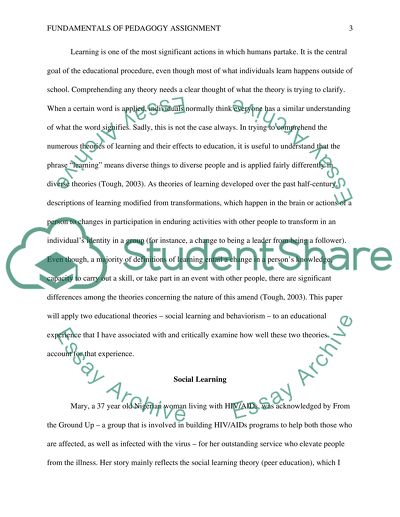Cite this document
(“Fundametals of pedagogy assignment Essay Example | Topics and Well Written Essays - 2500 words”, n.d.)
Retrieved from https://studentshare.org/education/1487509-fundametals-of-pedagogy-assignment
Retrieved from https://studentshare.org/education/1487509-fundametals-of-pedagogy-assignment
(Fundametals of Pedagogy Assignment Essay Example | Topics and Well Written Essays - 2500 Words)
https://studentshare.org/education/1487509-fundametals-of-pedagogy-assignment.
https://studentshare.org/education/1487509-fundametals-of-pedagogy-assignment.
“Fundametals of Pedagogy Assignment Essay Example | Topics and Well Written Essays - 2500 Words”, n.d. https://studentshare.org/education/1487509-fundametals-of-pedagogy-assignment.


